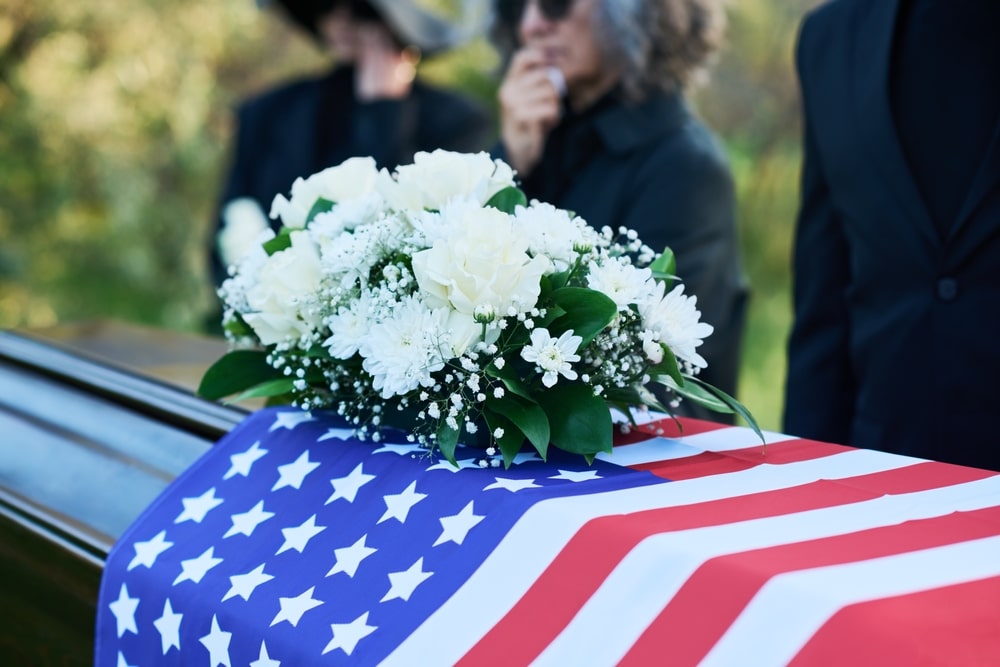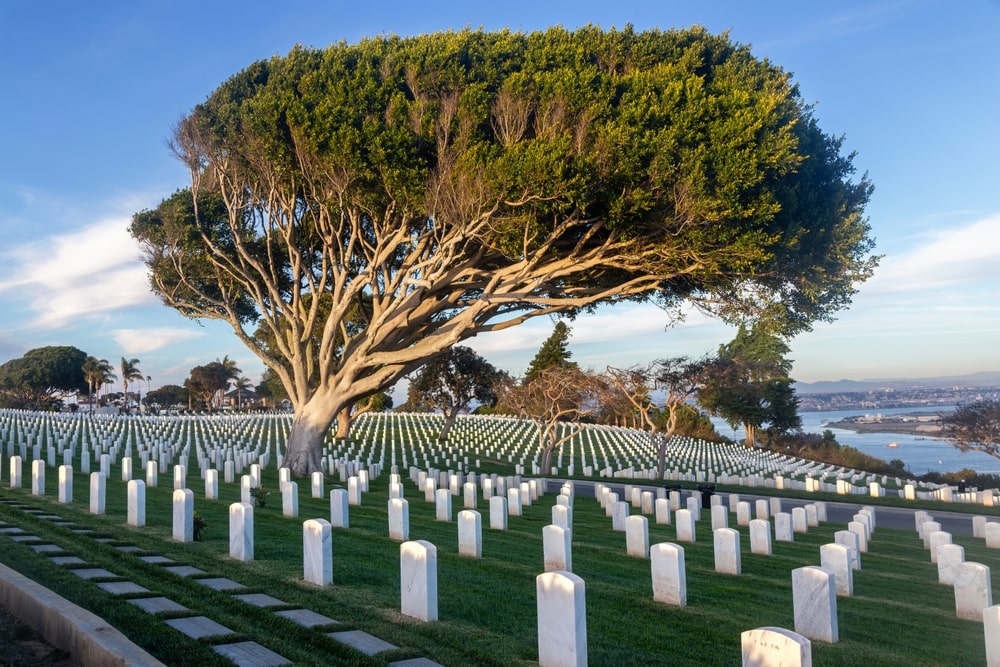No matter how far back you look in history, you will find evidence of funeral rituals. Within us, we have an innate need to honor, respect, and remember those who have died. Those we have loved. Funerals, as a ritual, don’t exist simply to exist. They have purpose and intentionality and meaning.
Dr. Alan Wolfelt, respected grief counselor, author, and educator, has done extensive research into the purposes of a funeral and why we, as people, need them. He says, “The funeral ritual…is a public, traditional and symbolic means of expressing our beliefs, thoughts and feelings about the death of someone loved. Rich in history and rife with symbolism, the funeral ceremony helps us acknowledge the reality of the death, gives testimony to the life of the deceased, encourages the expression of grief in a way consistent with the culture’s values, provides support to mourners, allows for the embracing of faith and beliefs about life and death, and offers continuity and hope for the living.”
In Dr. Wolfelt’s experience, if a funeral meets these 6 purposes, then it is often meaningful and healing. Let’s review these 6 purposes of a funeral in detail, so that we fully understand why funerals are so necessary and how they help us in our grief journeys.
The 6 Purposes of a Funeral
Reality
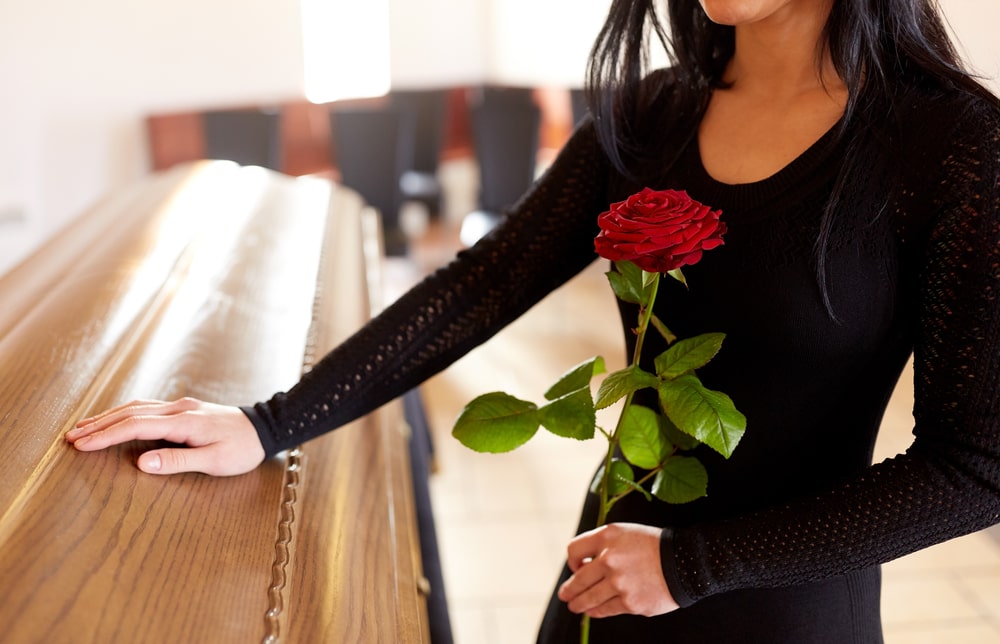
When someone we love dies, our minds and hearts rebel against it at first. We don’t want to accept that the person we loved is gone. The first purpose of a funeral is to help us accept the reality of the death. In order to heal and grieve, we must first accept what has happened. At a healing and meaningful funeral, mourners have the chance to confront reality and begin processing their grief. The funeral is not the end of the grief journey – it is the beginning. We must learn to come to grips with our new reality – one without our loved one.
Recall

One of the key components of a funeral is remembering the one who has died. We see this happen in the eulogy, in the tribute video (if there is one), in the songs or readings chosen, as well as in the gathering of friends and family following the service. By recalling and sharing about our relationship with a loved one, we help ourselves transition. We begin the process of moving our relationship with the one who has died to one of memory rather than presence. We must go backward into our memories before we can move forward in our grief journeys.
Support
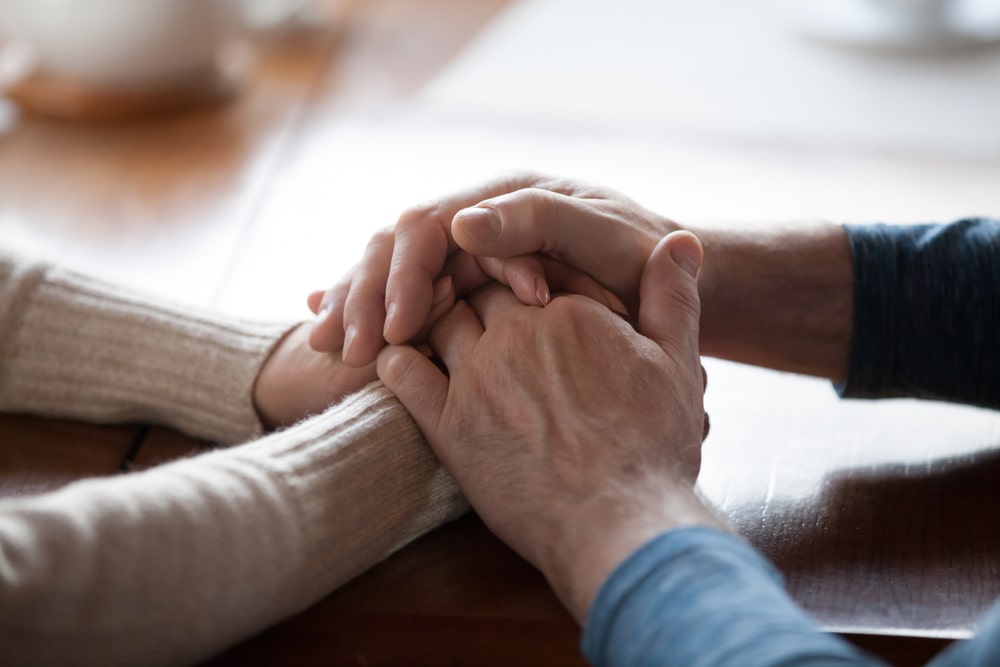
A third purpose of the funeral is to activate support. At a funeral, we gather with other people who knew our loved one. We can share our memories, give voice to our feelings, and find support in others. When a funeral includes a visitation or a gathering, mourners have the opportunity to come together and offer a listening ear and a caring hug. When no service is held, friends may keep their distance, thinking that the family wants to grieve privately. But with a public funeral, friends and neighbors can offer their caring support during a trying time.
Expression
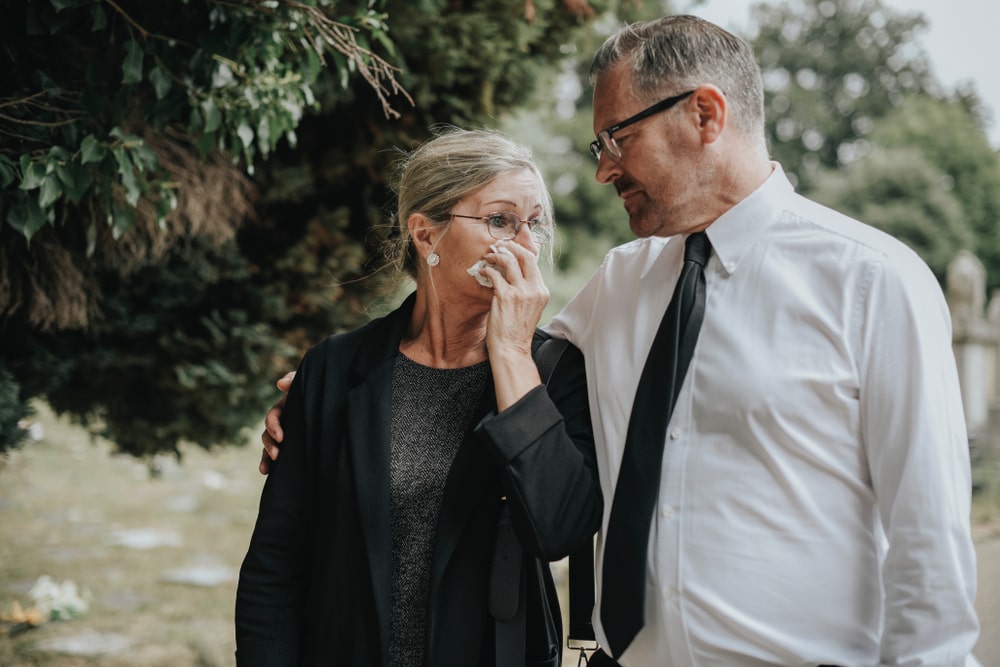
As human beings, we are wired to feel. When we feel deeply but actively suppress our emotions, those feelings can become unbearable and begin to fester. Funerals are meant to act as a safe place for us to get our thoughts and emotions out. By putting our thoughts and feelings into action, we begin the journey toward healing. You may need to talk, cry, or just sit quietly with a person who cares. Whatever you may need, expression is an important purpose of a funeral. Through expression, we begin to put our grief in motion and create forward movement in the grief journey.
Meaning
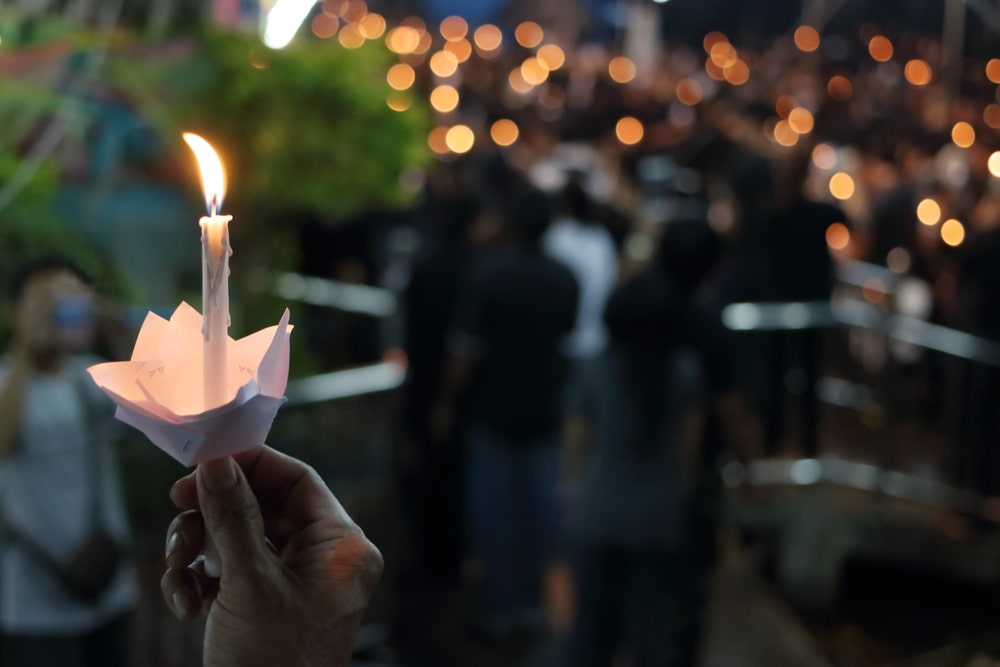
When someone we love dies, many questions begin to surface. Did the person I love live a good life? Why did this person die? Why do any of us die? While there are no simple answers to these questions, a funeral gives us time and opportunity to ask them and begin to find our way to answers that give us peace. By searching for meaning and allowing ourselves to find peace, we find purpose in our continued living and can work toward reconciling ourselves to the loss we have suffered.
Transcendence
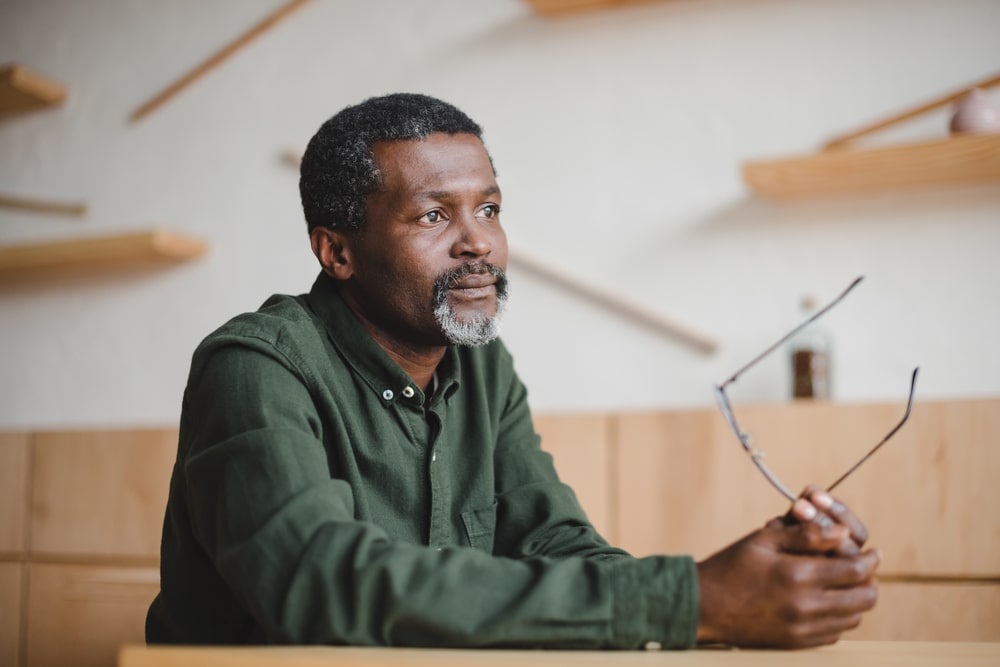
The final purpose of a funeral is transcendence. This happens in two ways. First, the funeral helps us find a new self-identity. Funerals help us publicly mark a change in status. For example, someone who has lost their spouse goes from someone who is married to someone who is single. A funeral allows everyone to publicly acknowledge this change and begin offering the mourner support in their new status. Second, funerals often wake us up and make us think about our lives and how we want to spend our remaining days.
Dr. Wolfelt puts it this way:
“People who take the time and make the effort to create meaningful funeral arrangements when someone loved dies often end up making new arrangements in their own lives. They remember and reconnect with what is most meaningful to them in life. They strengthen bonds with family members and friends… [and] emerge changed, more authentic and purposeful. The best funerals remind us how we should live.”
As a Whole
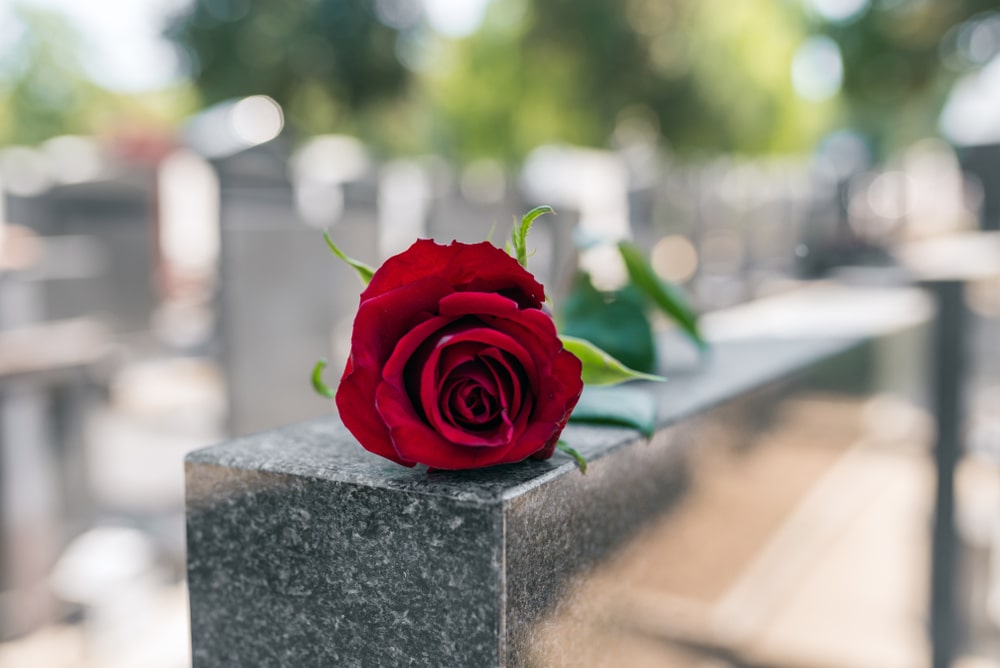
These purposes are not necessarily distinct steps and may happen in any order, but they are intertwined. The funeral experience as a whole is like a rite of passage. We emerge transformed, with a new identity, a new relationship with our lost loved one, and a new relationship with our community.
Unfortunately, not all funerals are successful in helping us heal. This is because we have lost part of our understanding of why funerals matter and how to create a meaningful and healing funeral ceremony that will give us a good start on the healing process. But it’s not too late to learn. For more information on funerals, their purpose, and how to create a personalized, meaningful, and healing ceremony, check out the articles below:
Should a Funeral Be Efficient or Effective?
7 Elements of a Healing and Meaningful Funeral
6 Ways to Personalize a Funeral
5 Meaningful Actions to Personalize a Funeral


